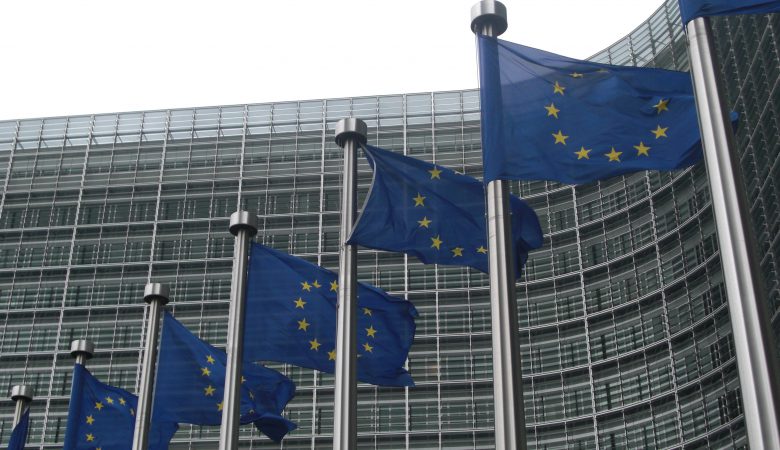European Commission Moves to Improve Enforcement of IP Rights
This week the European Commission announced new measures to ensure intellectual property rights are properly protected across member states, thereby encouraging European countries to invest in innovation creativity. The Commission justifies the new measures by noting that IP-intensive sectors account for around 42% of EU GDP, generate about 38% of EU jobs, and contribute to as much as 90% of EU exports. Through its new measures, the EC seeks to create an IP rights system that is balanced, efficient, and properly enforced in the EU and at its borders. The Commission also aims to reduce the number of counterfeit goods imported into the EU, which currently accounts for 5% of imports.
The first measure taken by the Commission was to ensure a “high level of legal protection and a predictable judicial framework across the EU.” In doing so, the Commission provides clarification on how member states are to apply the 2004 Directive on the Enforcement of Intellectual Property Rights. Previously, member states interpreted the directive and its provisions differently, leading to an unsteady legal environment when borders were crossed. Ensuring stable and constant legal enforcement across jurisdictional boundaries creates legal certainty for businesses and rights holders who are doing business in more than one member state. Further, in this measure the Commission calls on member states to step up efforts aimed at boosting judicial training, and regularly publishing judgments on IP cases.
The second measure taken by the Commission focuses on enabling industry to fight IP infringements. The Commission is continuing to support industry led initiatives such as the Memorandum of Understanding on the Sale of Counterfeit Goods via the Internet. These voluntary agreements, reached between rights holders and internet providers, seek to remove counterfeit goods from websites, and remove websites that offer counterfeit goods. The Commission is seeking to expand these agreements to payment services and shipping services, to limit how counterfeit goods can be paid for and limit their options for being shipped into the EU.
he last measure taken by the Commission seeks to reduce the amount of counterfeit goods that reach the EU marketplace. To do so, the Commission proposes reinforcing cooperation programs with third-world countries (particularly those in Southeast Asia). In doing so, the Commission will publish an updated report on the enforcement of IP rights in these countries. Also, the Commission will establish a “watch-list” of countries and markets that engage in or facilitate intellectual property infringement. This culminates with more targeted assistance being given to national customs authorities in member states so that counterfeit goods can be readily identified and rejected.
The European Commission’s renewed focus on intellectual property rights enforcement should come as welcome news to European businesses and investors. According to the OECD, 8 of the 10 countries whose IP rights are infringed upon the most are in Europe. These new measures should strengthen IP rights protection, which will further investment and growth within the EU.
Photo Credit: http://bit.ly/2j7J4rT

